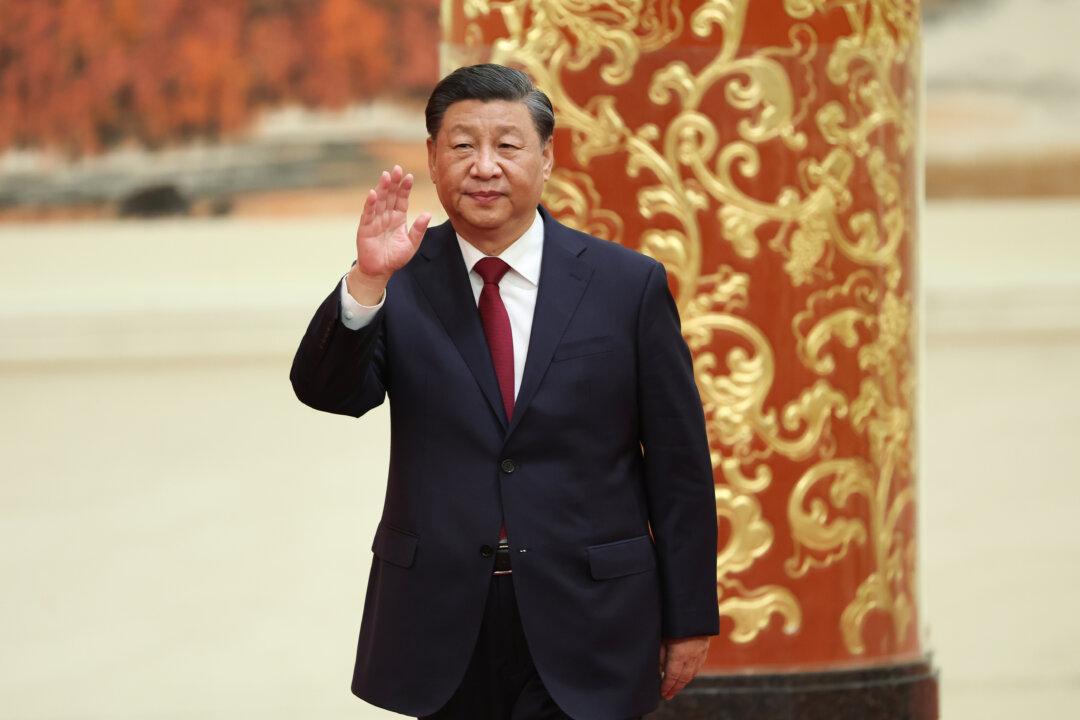Commentary

Chinese leader Xi Jinping attends the meeting between members of the standing committee of the Political Bureau of the 20th CCP Central Committee and Chinese and foreign journalists at The Great Hall of People in Beijing on Oct. 23, 2022. Lintao Zhang/Getty Images
Christian Whiton was a State Department senior advisor during the George W. Bush and Donald Trump administrations. He is a senior fellow at the Center for the National Interest.


